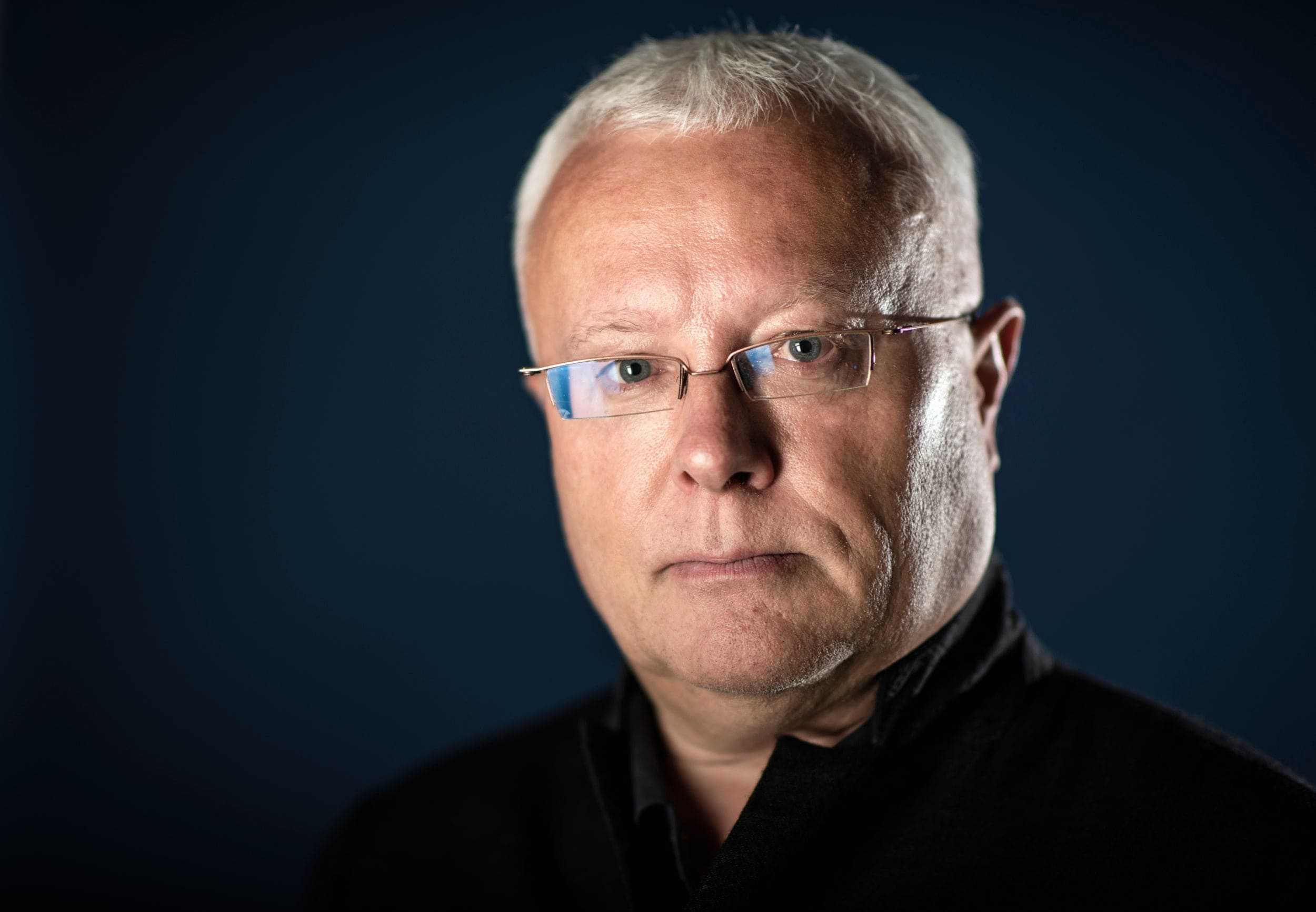Russian billionaire and owner of two giant UK newspapers Alexander Lebedev is looking into launching his own DeFi project. Dubbed The Independent Decentralized Financial Ecosystem (or bank 2.0), it aims to serve as a better performing bank, which benefits all participants.
Lebedev Explains The Current Banking Problems
Lebedev, the owner of the UK-based London Evening Standard and The Independent, recently used the latter to publish a post regarding the issues within traditional finance and the potential solutions.
His experience includes 25 years in the banking system, as he bought the “dwarf” National Reserve Bank in Moscow in 1995 and sold it earlier this year as “one of the most reliable banks in Russia.”
As such, he believes that his experience has taught him the dirty secrets of the current banking environment. One of which is that “modern bankers ruin their banks by pocketing clients’ money.”
“The world banking community has turned into an ‘anti-bank,’ whose function is to misappropriate customers’ assets and lander ‘dirty money,’ the volume of which is increasing globally by $1 trillion every year.”
He reasoned with the recently surfaced FinCEN documents revealing that several giant banks, including Standard Chartered, HSBC, and JPMorgan Chase & Co, have laundered trillions of dollars for Ponzi schemes and terrorist organizations.
This has led to the formation of a “parasitic” class made of bankers, fake investors, lawyers, auditors, and service personnel. Simultaneously, billions of people in poorer states have remained unbanked partially because of the high cost and “lack of interest on behalf of banksters, who have nothing to steal from them.”

The Solutions Lies With Blockchain, Crypto, and DeFi
Lebedev further explained that cryptocurrencies could serve as the most appropriate solution for the issues mentioned above. He described their growth from being “a joke and a toy” ten years ago to being an “important part of the international financial system” today.
He brought out several recognitions digital assets have received from global watchdogs. Those include the German Federal Financial Supervisory Authority (BaFin) classifying them as financial instruments and a Switzerland canton starting to accept Bitcoin and Ethereum for tax payment purposes.
The next step in the digital asset industry’s evolution is the emergence of decentralized finance (DeFi), Lebedev argued. With DeFi, it “became possible to directly connect clients of traditional banks without the participation of an intermediary in the form of the bank itself, the functionality of which in this case is performed by a so-called ‘smart contract.’”
Lebedev actually admitted that he invested about $100,000 in an Estonian-based DeFi protocol and enjoyed quick earnings.
His experience with the DeFi sector has urged him to develop a “new generation of banks in which all participants are simultaneously beneficiaries.” The Independent Decentralized Financial Ecosystem would provide traditional banking services, including currency exchange, deposits, lending, settlement, and money transfers.
However, it will be blockchain-based. Relying on smart contracts instead of people to manage the system would guarantee the more efficient and rapid execution of all services, Lebedev noted.
Other plans for the upcoming DeFi protocol include enabling investments in every corner of the world and transferring funds for donations and charity.
Featured Image Courtesy Of Tadviser
The post appeared first on CryptoPotato






